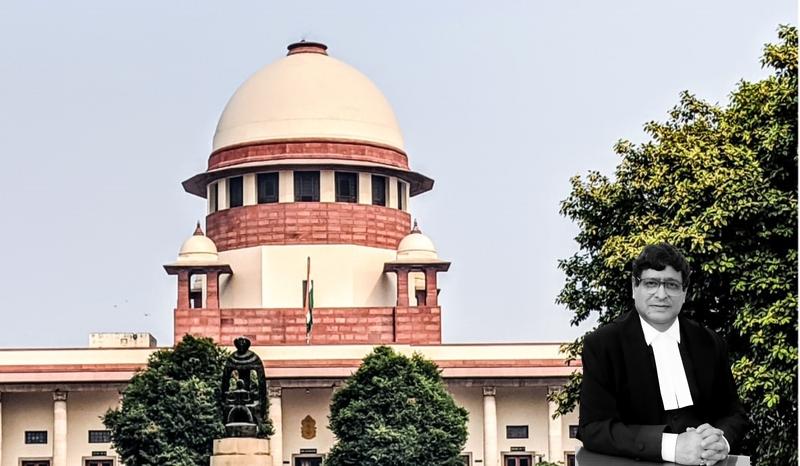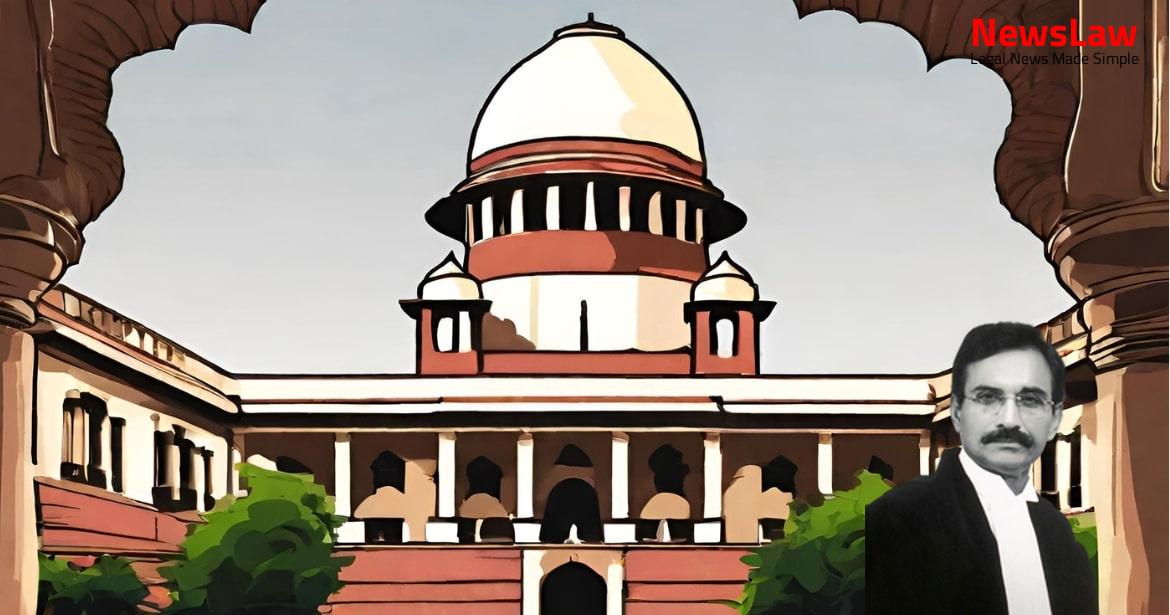The respondent/wife, then, filed an appeal before the Delhi High Court which has set aside the order of the Trial Court and dismissed the petition of the husband.
In March 1998, she agreed to join her husband, on the condition that the appellant would take another accommodation and consequently in April, 1998 another house was taken on rent, and the two started living together in the new house.
The wife then filed a complaint under Sections 323 and 324 read with Section 34 IPC against the appellant/husband and his family members, however, they were subsequently discharged from the case. It was also her case that she had made every possible effort for reconciliation, but due to the non-cooperation of the appellant, all efforts towards mediation and settlement resulted in failure. As far as filing of various complaints under Sections 323, 324 and 498A IPC are concerned, the High Court was of the view that mere filing of such complaints, or their result in acquittal would not amount to cruelty, as the wife was only exercising her options available to her under the law.
To our mind the facts which we must take into account are: (i) that the “couple” is now living separately for the last almost 25 years, and all these years there has been no cohabitation between them.
The appellant has unequivocally stated that there is no room for any compromise or settlement and he requests that a decision be made in this case on its merits, whereas the counsel for the respondent apprised this Court that the respondent would like to save her marriage and he prays for mediation once again. The High Court has taken a view that mere filing of criminal cases against the appellant-husband would not constitute cruelty. Neelu Kohli held that repeatedly filing of criminal cases by one party against the other in a matrimonial matter would amount to cruelty and the same was reiterated by a Division Bench of this Court in K. Lieutenant Colonel Deepak Tyagi has held that an irretrievable marriage is a marriage where husband and wife have been living separately for a considerable period and there is absolutely no chance of their living together again.
In all the above cited three cases, this Court in exercise of its power under Article 142 of the Constitution of India has dissolved the marriage on the ground of irretrievable breakdown as a ground, which otherwise does not exist under the Hindu Marriage Act.
The Court relied on the definition of cruelty in matrimonial relationships in Halsbury’s Laws of England (Vol 13, 4 Edn, Para 1269, Pg 602) which must be reproduced here: “The general rule in all cases of cruelty is that the entire matrimonial relationship must be considered, and that rule is of special value when the cruelty consists not of violent acts but of injurious reproaches, complaints, accusations or taunts. In cases where no violence is averred, it is undesirable to consider judicial pronouncements with a view to creating certain categories of acts or conduct as having or lacking the nature or quality which renders them capable or incapable in all circumstances of amounting to cruelty; for it is the effect of the conduct rather than its nature which is of paramount importance in assessing a complaint of cruelty. Irretrievable breakdown of a marriage may not be a ground for dissolution of marriage, under the Hindu Marriage Act, but cruelty is. A marriage which has broken down irretrievably, in our opinion spells cruelty to both the parties, as in such a relationship each party is treating the other with cruelty. Some of these are as follows: (i)
On consideration of complete matrimonial life of the parties, acute mental pain, agony and suffering as would not make possible for the parties to live with each other could come within the broad parameters of mental cruelty. (xiii) Unilateral decision of either husband or wife after marriage not to have child from the marriage may amount to cruelty.
We therefore hold that in a given case, such as the one at hand, where the marital relationship has broken down irretrievably, where there is a long separation and absence of cohabitation (as in the present case for the last 25 years), with multiple Court cases between the parties; then continuation of such a ‘marriage’ would only mean giving sanction to cruelty which each is inflicting on the other.
Case Title: SHRI RAKESH RAMAN Vs. SMT. KAVITA (2023 INSC 433)
Case Number: C.A. No.-002012-002012 / 2013



